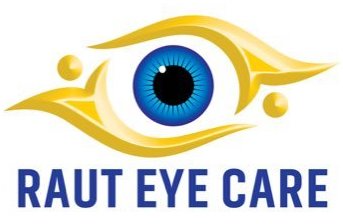
The Binocular Vision Test is an assessment of how well both eyes work together.It is performed by an ophthalmologist or optometrist to determine if a person has good depth perception, eye coordination, and depth perception.
The test measures the accuracy of eye alignment, eye movements, and stereopsis, or the ability to see depth.It is typically done with an instrument called a phoropter, which holds different lenses that the patient looks through.
During the test, the eye doctor will ask the patient to look at various objects and compare the objects seen by each eye.The doctor will also measure the patient’s visual acuity, or ability to see clearly.
The binocular vision test can help diagnose vision problems such as strabismus, or crossed eyes, and amblyopia, or lazy eye.It can also help determine if someone needs eyeglasses or vision therapy to improve their vision.






